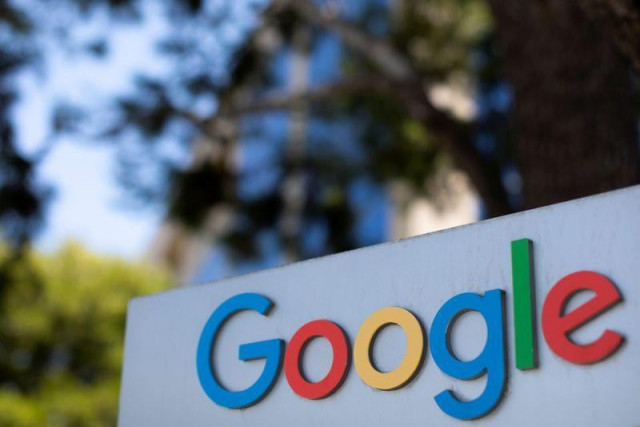Alphabet earns record profit on Google ad surge
Through its search engine, YouTube and partnerships across the Web, Google sells more ads than any other company

Google owner Alphabet on Tuesday reported higher than expected third-quarter ad sales, a sign that the business is overcoming new limits on tracking mobile users and that online shopping is as popular as ever heading into the holiday season.
Through its search engine, YouTube video service and partnerships across the Web, Google sells more Internet ads than any other company. Demand for its services surged in the past year as the pandemic forced people to spend more time online, and their new habits have persisted.
Google advertising revenue rose 41% to US$53.1-billion during the third quarter. Alphabet’s overall sales jumped to $65.1-billion, above the average estimate of $63.3-billion among analysts tracked by Refinitiv.
The consumer shift to digital is real and will continue even as we start seeing people return to stores
“The consumer shift to digital is real and will continue even as we start seeing people return to stores,” said Philipp Schindler, Google’s chief business officer. “The underlying takeaway is that people want more choice, they want more information, more flexibility, and we don’t see this reversing.”
Quarterly profit was $18.9-billion or $27.99/share, beating expectations of $24.08/share and marking a third straight quarter of record profit. Alphabet’s profit is subject to wide fluctuations because accounting rules require the company to measure unrealised gains from its investments in start-ups as income.
Investors had braced for some sales challenges for Google.
‘Almost immune’
Anxiety by consumers over how Google and other companies use their browsing behaviour to profile them and then pick which ads to show has become widespread. In the latest challenge, Apple, whose iPhones account for half of the smartphones in the US, gave its users more control to stop tracking over the past few months. The change led advertisers to recalibrate their spending in ways that Google rivals Snap and Facebook said hurt their third-quarter sales.
Alphabet’s chief financial officer, Ruth Porat, reported “modest impact” on YouTube ad sales from Apple’s efforts. But analysts said Google overall was less affected than peers because its search engine collects data on user interests that is valuable to advertisers and is unmatched in the industry.
“They are almost completely immune to Apple’s changes,” said Collin Colburn, an analyst at tech consultancy Forrester.
Other companies also faced slowdowns because advertisers cut spending as they struggled to staff up and keep shelves stocked amid hiring and supply-chain issues brought on by the pandemic. Schindler said supply-chain challenges affected only Google’s sales of automotive ads.
Google Cloud, which trails Amazon.com and Microsoft in cloud services market share, increased revenue by 45% to $5-billion, slightly below estimates of $5.2-billion.
Alphabet’s total costs increased 26% to $44.1-billion in the third quarter and the company’s workforce size passed 150 000 employees.

















COMMENTS
Comments are moderated and generally will be posted if they are on-topic and not abusive.
For more information, please see our Comments FAQ